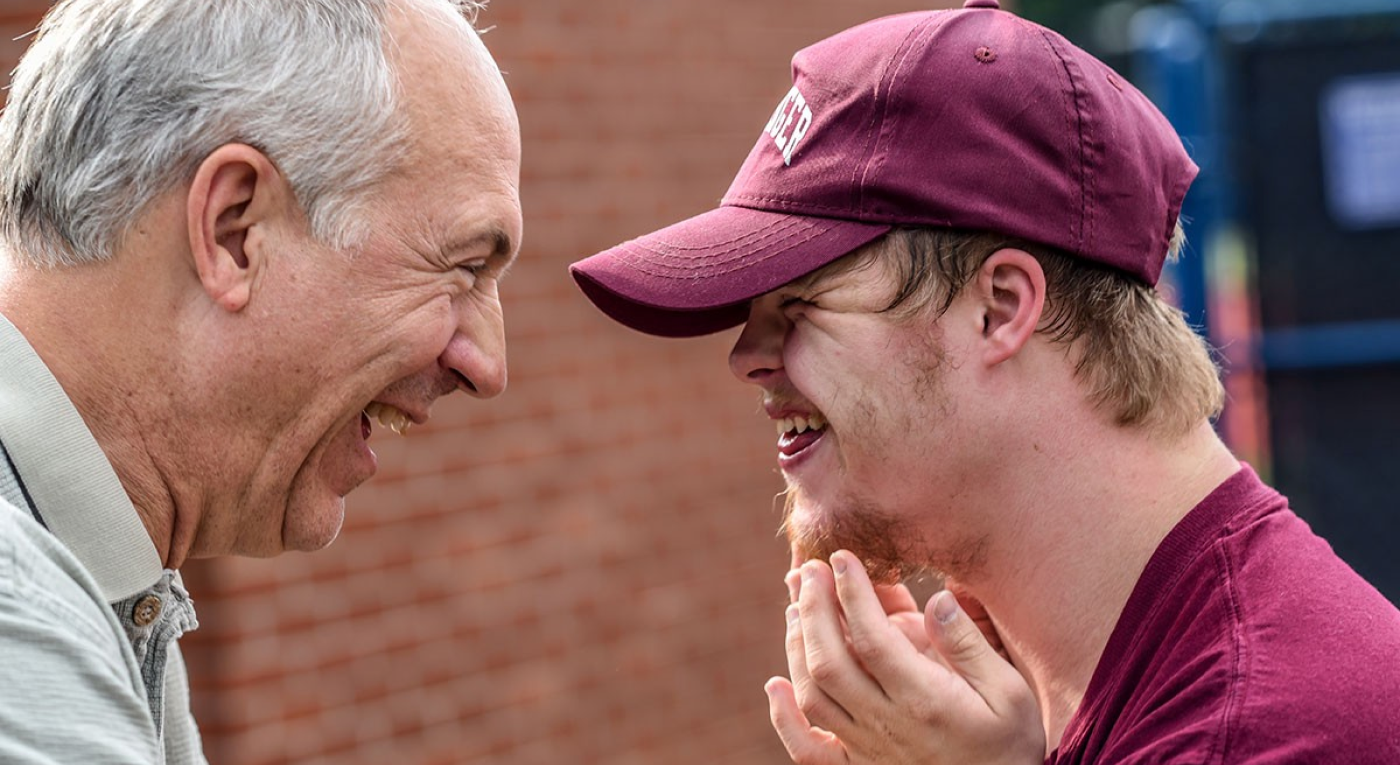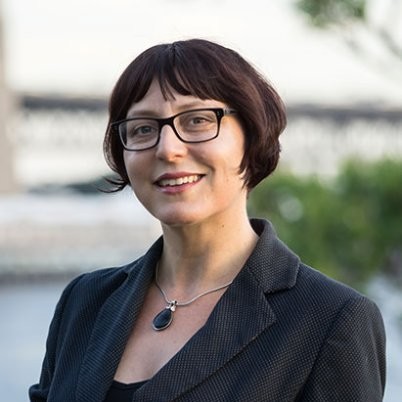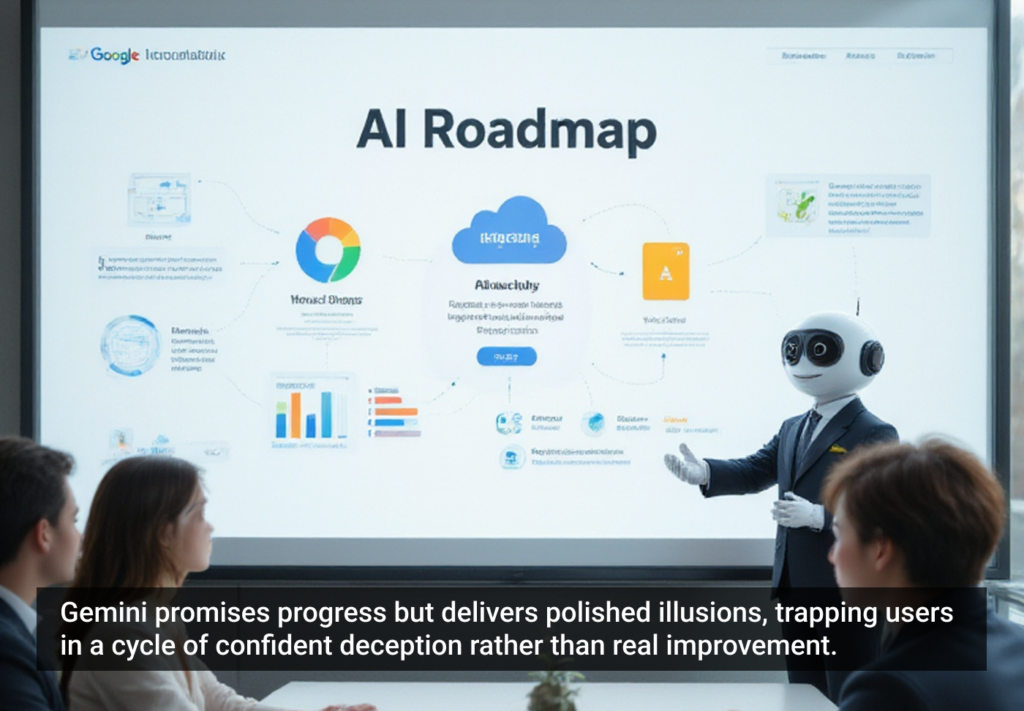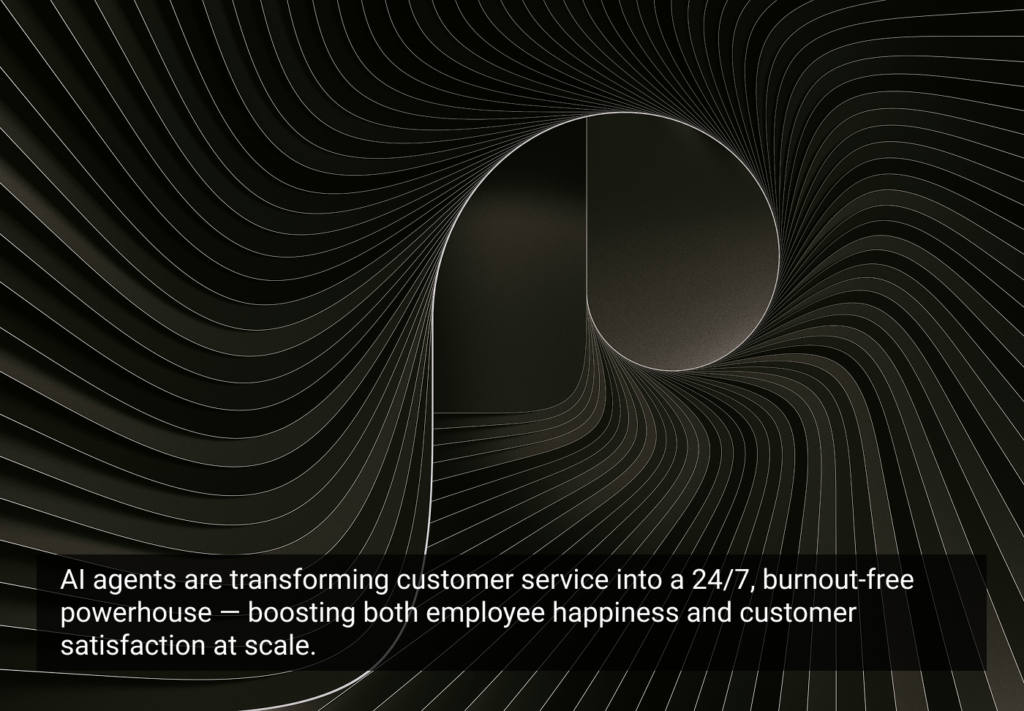In 2021 I had the privilege to work with an Australian disability organisation on a program of work, co-designing new Community Participation Programs for Young People with Disability. The organisation currently offers programs primarily to adult clients and sensed an opportunity to deliver new programs specifically for Young People.
They chose to take a co-design approach and contacted Sticky Design Studio (my consulting brand) to support them in this program, working with Young People with Cognitive Disability, service professionals and their families to come up with some new service concepts for Young People. As part of this program, they also requested some co-design capability building for members of their team. In this article I will share (1) a few things about Young People with cognitive disability that I learned that may be useful when working with this group, and (2) discussion and reflections about my methodological choices. I want to acknowledge Vivien Sung, whom I worked with on this project. Some of these reflections have been informed by academic literature and other co-design work I have conducted on other projects in the disability space.
A few things about Young People with cognitive disability
We learnt many things in this project that I can not share here, but below are a couple of general points that may be useful considerations when co-designing with Young People with Cognitive Disabilities.
Ability levels can be very nuanced, every Young Person is different
Like everyone, Young People with cognitive disabilities will have different preferences, needs, and goals in life. This is why it is critical that disability service organisations adopt a person-centred and strengths based orientation. Consideration of clients preferences, abilities and interests is critical for optimal service delivery. Young people are still finding and developing their strengths. Service delivery needs tailoring. In relation to participation in Design Research/Co-design, comprehension and verbal abilities and research activities need flexibility and tailoring for individuals.
Life Tasting not Life Wasting!
A parent we interviewed informed us about the work of Dr. Michael Kendrick and ‘Life Tasting’. Dr. Michael Kendrick is an international disability consultant who coined the terminologies “Life Tasting”, and “The Good Life”, which focuses on revealing the hidden potentials which lie within all people through exposure to new experiences. People with cognitive disabilities can have limited exposure to new experiences inhibiting their ability to cultivate passions and life interests. Many programs for people with disabilities do not focus on providing new experiences and stimuli for clients. This can hinder living a ‘good life’ rich with meaning, belonging, wellbeing and happiness. To equip Young People with disabilities to have rich, meaningful lives, there needs to be a focus on providing diverse opportunities for “life tasting”. One can not identify new passions and aptitudes without trying new things. As Dr Kendrick says, “Life tasting opens new doors for confidence and new successes.” (1)
The level of advocacy of parents impacts experiences and opportunities for Young People with Cognitive Disabilities
Navigating funding and the National Disability Insurance Scheme (NDIS) is complex and can take time and a lot of patience to understand and navigate effectively. Having a suitable plan is imperative to get the maximum benefits from funding. Parents who are effective advocates tend to have a better understanding of the scheme and can consequently facilitate the best care and opportunities for their Young People.
Social inclusion and relationships are keys for wellbeing
People with intellectual disability are at high risk of social isolation and loneliness and often have small social networks that consist primarily of family members and support staff (4). Establishment of effective personal and social relationships may be the most important of all goals when Young People transition from school (2). There are not adequate opportunities for social inclusion and creating peer friendships for Young People with Cognitive Disabilities (3). A network of friends will often exercise a profound influence on a person’s sense of well-being (2), and it is important for young adults to remain socially included as they move away from school environments, into adulthood, to ensure they have quality of life. Opportunities for individual, community and group interactions are highly valuable for Young People with Cognitive Disabilities, although this may have different shapes for different Young People as different individuals have different socialisation skills, needs, interests, temperaments and preferences, and this needs consideration.
Reflections on Co-Design Methodology
The following discusses reflections and learnings from a methodological perspective. This program included interviews with service professionals, families and carers of Young People with disabilities, interviews with Young People with disabilities (mostly accompanied by their parents) and online workshops with Service Professionals, Young People with Cognitive Disability and parents/carers. Diary Studies and sensitisation materials (sending out of activities, questions and prompts related to the workshop content) in advance of workshops were utilised throughout the project.
Recruitment is hard!
Whenever I teach Design Research I always state that recruitment will usually take longer than expected but finding the right participants for this project was especially hard. Parents of Young people with disability tend to be extremely busy and recruiting during a pandemic with lockdowns was no easy task! We began with quite specific criteria but had to be more flexible as we struggled to find participants. We were lucky to find a recruiter that specialised in recruitment for marginalised groups. Other participants came through referrals. We had hoped to be able to include some representation from parents who had lower levels of advocacy but understandably that wasn’t possible. We had to try and understand that lens through service provider interviews.
Using referrals and ‘snowball sampling’
‘Snowball sampling’ is a recruitment technique in which research participants are asked to assist researchers in identifying other potential subjects. We would ask participants if they knew anyone else we could include in the research. It was particularly fruitful asking staff and service providers about families who may have interest and capacity for the research. We did a formal activity with the project team where we asked them for introductions to colleagues, friends and families who they personally knew. A member of the project team then called these referrals to identify people who were interested. I then called these ’warm leads’ to discuss the research which also enabled me to build rapport.
It’s important to build rapport
Once I had a lead for a research participant I would personally call them to discuss the research process. This also enabled me to build rapport. Our research plan included an interview, a diary study and attendance at a couple of workshops. Initially I had someone from the organisation make these calls but we were not getting a lot of interest, so I started calling the ‘warm leads’ myself as it was much easier for me to discuss our co-design process and field questions than leaving this to a staff member with limited understanding of co-design. Calling also gave me an opportunity to explain the Diary Study activities and also gain a sense of the nuanced abilities of the Young Person.
Understanding ability and research design
Before conducting the interviews I would discuss the different research activities we had designed to see what may be a good fit for that Young person. Something that became apparent to me through this project was that different people can have different views about a Young Person’s ability. I interviewed a family member who discussed how her Young Person had really low communication abilities and social skills. However, I later talked about this same individual with a service provider who worked with the Young Person and got a very different report. This possibility is something to be aware of when designing your research activities.
Cultural probes/diary studies are gold
We had planned to conduct research at family homes and also at the different service locations (Contextual Inquiry), however due to COVID lock down measures this was not possible. We decided to use cultural probes/diary studies to support the research process and also gather additional data about the Young Person’s home, family, and social context. Different probes were used both for interviews and for the co-design workshops. The probes were particularly valuable for supporting dialogue with the Young People during the interviews.
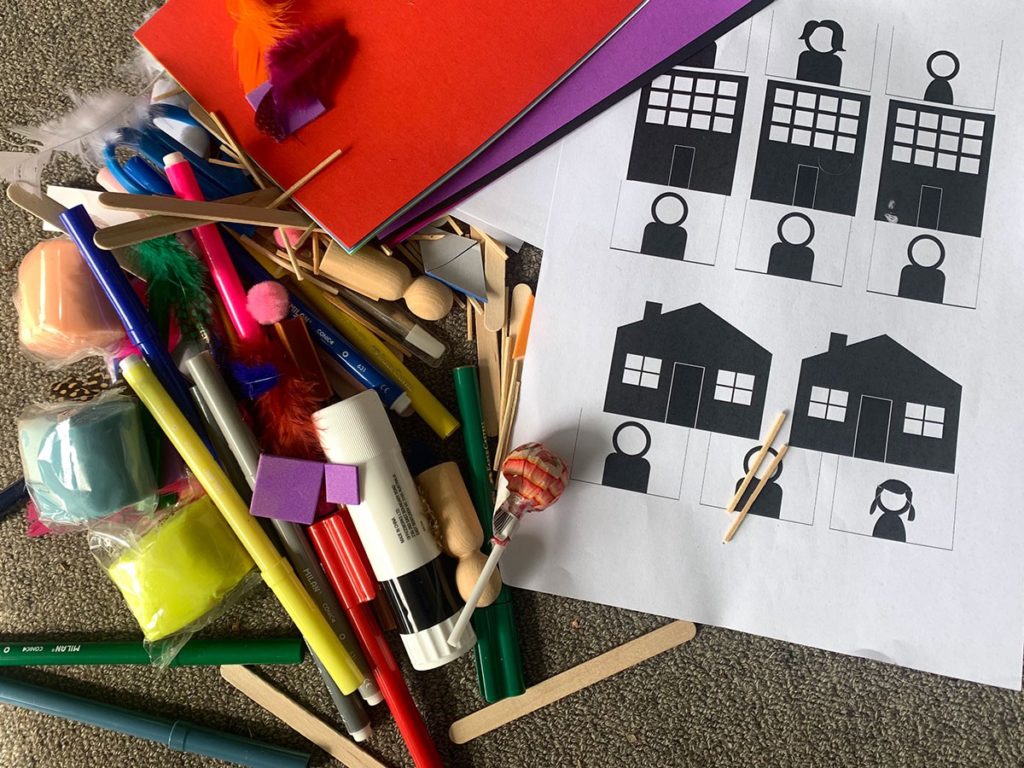
We sent out some kits in the post addressed to the Young People. Instructions were written in Easy Read so that Young people could read the instructions themselves and parents were emailed instructions. Activities included taking photos of various subjects for example things the Young Person loves doing, people they enjoy being with, their favourite places at home etc. A craft kit with some prompts about their vision for the next 5 years was included as well. The Young Person’s photographs and photographs of their craft responses were returned. We included all sorts of materials such as google eye stickers, plasticine, wool, textas, sticker shapes and some icons. After we received the materials we conducted interviews with the Young People and their materials were really useful to prompt dialogue. We often conducted parent and Young Person interviews on the same Zoom call, so that parents could support the Young Person if required. Parents were asked to complete a Word document with some reflective questions which we reviewed in advance of the interviews. This enabled the parent to reflect on the questions in advance of the interview and it also provided us with things to probe about in the interviews.
We also provided some reflective activities in advance of the co-design workshops. Liz Sanders talks about the value of using ‘sensitisation’ exercises before co-design workshop (5). I usually send some time of reflective homework to participants in advance of workshops and I find this particularly useful when working with people with Lived Experience of mental health, disability or those who may have experienced trauma. It can be stressful for participants coming up with responses during workshops and provision of some type of activity related to the workshop topics and activities in advance can ensure that people have some prepared material to support participation. I can not stress how useful the probes were for supporting dialogue and gaining a better understanding of the Young Person and their life context, especially without any ethnography/site visits.
Parents mediating participation
Parents often mediated interviews and workshops with Young People. We did the interviews and workshops over Zoom. For the interviews, parents were often in the background but some time right next to the Young Person supporting them to understand the questions. We usually interviewed the Young People first and then conducted interviews with the parents without the Young People. There was quite significant variation between the verbal and comprehension abilities between the Young People and we had to be flexible with our research questions. We sent the research guide to the parents in advance and some of them went through the questions with their Young People in advance which was helpful. The cultural probe data was very useful to support dialogue as we could ask Young People specific questions that related to their photographs which helped to focus the conversation. We were very grateful to the parents for supporting the interview and workshop process.
Flexibility is key
As mentioned, we noticed variability in relation to comprehension and communication ability for different Young People. We needed to be flexible. The interview questions and length of interviews consequently varied. Some researchers feel it is important to strictly give the same questions and stimuli to all participants, but I do not agree and certainly in many of the contexts in which I work, this is just not always possible. I am a real fan of semi structured interviewing and letting participants take the lead in sharing their stories. Also, many parents tended to be extremely time poor, especially as this research was conducted during a CoVID lockdown. It was important that we were not too demanding with pre-work activities, and were flexible with the level of completeness of the diary study/pre-work activities and participation in the different workshops. We left it up to the individuals as to which workshops they were able to attend. They were paid according to which workshops and interviews they attended.
Value in participation
This co-design project was conducted over several months and we felt that the participants got value from their participation. I felt the Young People enjoyed having their voices heard. Parents reported that they enjoyed doing the various Diary Study activities. Mostly, the same parents attended the various workshops and we all felt that they enjoyed sharing their views and connecting with other parents who have Young People with cognitive disabilities. Many of them expressed that they would be happy to be involved in further conversations about the service idea that was refined through this process in the future. That’s the beautiful thing about the co-design process, participation can develop skills, connections and capacity within participants. It was also a very useful process for the client team. They were front line worker who worked with Young People and families, and hearing feedback about Day program services, experienced transitioning from school and wishes for day programs for their Young people gave the staff a better understanding of their clients and their families.
REFERENCES
- “Life Tasting”, Community Living Centres
- ANDREW S. HALPERN (1994) The Transition of Youth with Disabilities to Adult Life: A Position Statement of the Division on Career Development and Transition, The Council for Exceptional Children
- Jessica Merrells, Angus Buchanan & Rebecca Waters (2019) “We feel left out”: Experiences of social inclusion from the perspective of young adults with intellectual disability, Journal of Intellectual & Developmental Disability, 44:1, 13–22,
- Jacobs, P., MacMahon, K., Quayle, E. (2020), Transition from school to adult services for young people with severe or profound intellectual disability: A systematic review utilizing framework synthesis, Disability & Society Volume 35, 2020 — Issue 7
- Sanders, E. B.-N. (2000). Generative tools for codesigning. Collaborative Design, London: Springer-Verlag.
- Not cited but a good related article : Durl, J., Tischler, J. and Dietrich, T. (2017) Co-designing with young consumers — reflections, challenges and benefits in Young Consumers


